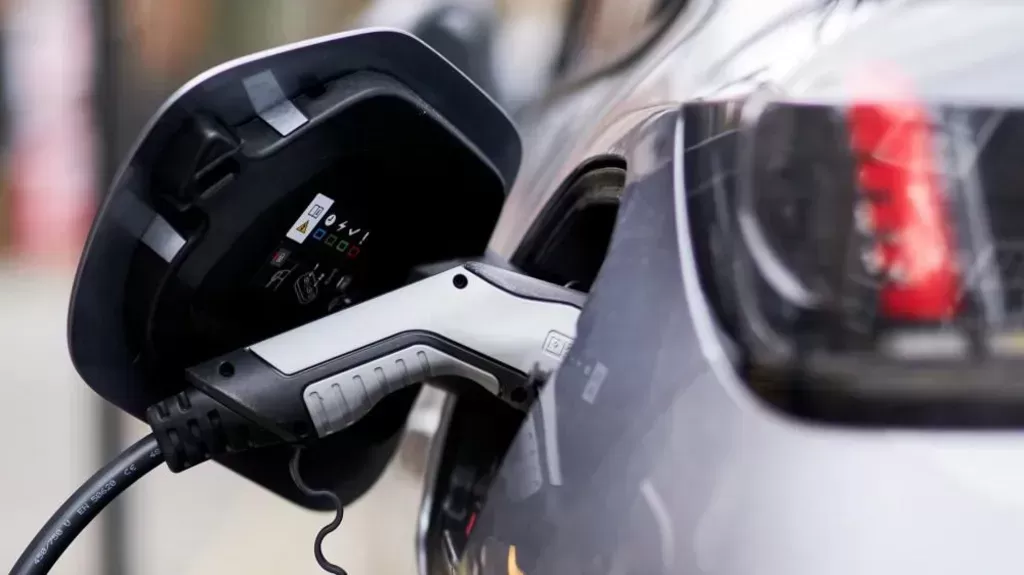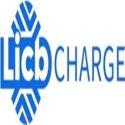Notifications

5 minutes, 24 seconds
-101 Views 0 Comments 0 Likes 0 Reviews

As electric vehicles (EVs) become increasingly common, understanding the different charging methods is essential for drivers, homeowners, businesses, and municipalities. AC EV charging—short for Alternating Current charging—is one of the most widely used and accessible charging types.
Whether you’re installing a charger at home or evaluating public infrastructure, knowing when and why to use AC charging helps you save money, improve efficiency, and extend your EV’s battery life.
AC electricity is the standard power delivered to homes and businesses through the grid. However, EV batteries store energy as Direct Current (DC). Therefore, when you use AC charging, the EV’s onboard charger converts the supplied AC power into DC before storing it in the battery.
The onboard charger’s capacity ultimately limits how fast your vehicle charges from an AC source—even if the charger delivers more power.
Connect: Plug your EV into an AC charging station using the proper connector (Type 1 or Type 2).
Power Delivery: The charger supplies AC electricity.
Conversion: Your EV’s onboard charger converts AC to DC.
Battery Charging: DC power charges the battery.
Because the onboard charger controls conversion speed, typical AC charging power ranges from 3.7 kW to 22 kW, leading to charge times from several hours up to overnight.
| Feature | AC Charging | DC Fast Charging |
|---|---|---|
| Power Delivery | Alternating current (converted onboard) | Direct current (converted at charger) |
| Charging Speed | Up to ~22 kW (slow to moderate) | 50 kW to 350 kW (fast) |
| Ideal Use | Long-duration parking (home, work) | Quick top-ups on long trips |
| Infrastructure | Smaller, simpler, cost-effective | Larger, more expensive, complex |
AC charging suits daily use and battery longevity, while DC fast charging is best for rapid refueling on the go.
Affordable Installation: Easier and less costly to install, especially at home.
Widespread Availability: Common in homes, workplaces, malls, hotels, and public spaces.
Battery-Friendly: Gradual charging reduces battery wear and heat buildup.
Perfect for Overnight Charging: Fits seamlessly into daily routines.
Integrates with Renewables: Compatible with home solar systems for clean energy charging.
At Home: Level 2 AC chargers provide full overnight charging for most EVs.
At Work: Top up your battery during the workday with workplace chargers.
While Running Errands: Charge during shopping or dining stops at public AC stations.
In Apartments and Hotels: Ideal for long-duration parking where fast charging isn’t critical.
Typical charging times for a 60 kWh battery:
| Power Output | Approximate Time | Use Case |
|---|---|---|
| 3.7 kW | ~16 hours | Level 1 home outlet |
| 7.4 kW | ~8 hours | Level 2 home charger |
| 11 kW | ~6 hours | Workplace/public AC |
| 22 kW | ~3 hours | Fast public AC stations |
Speeds vary by vehicle, battery size, and conditions.
For daily driving (typically under 50 miles per day), AC charging easily meets needs by adding 20+ miles of range per hour. Most EV owners rely on AC charging at home or work, reserving DC fast charging for occasional long trips.
Electrical Capacity: Confirm your panel supports added load.
Charger Type: Choose Level 1 (standard outlet) or Level 2 (dedicated EVSE).
Smart Features: Opt for Wi-Fi-enabled models to monitor and schedule charging.
Connector Compatibility: Ensure plug type matches your EV (Type 1 or Type 2).
Regulations: Obtain necessary permits and use qualified electricians.
AC EV charging forms the backbone of everyday electric mobility. Its affordability, accessibility, and battery-friendly nature make it the practical choice for most drivers—whether at home, work, or local errands.
While DC fast charging is vital for long-distance travel, AC charging meets the majority of daily needs efficiently and sustainably. Understanding when and how to use AC charging will help you maximize your EV ownership experience.Learn more about Google SEO.
China EV Chargers EV Charger Manufacturer Smart EV Chargers Electric Car Chargers Electric Vehicle Chargers Electric Car Charging Stations

